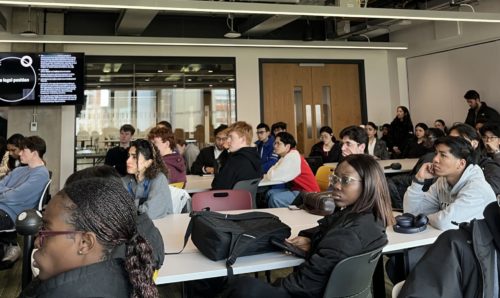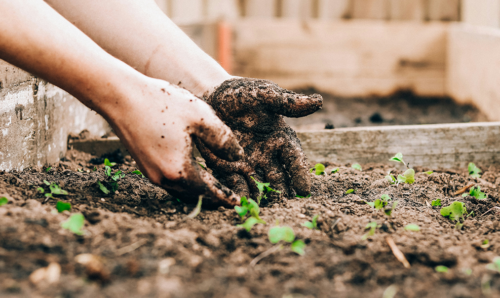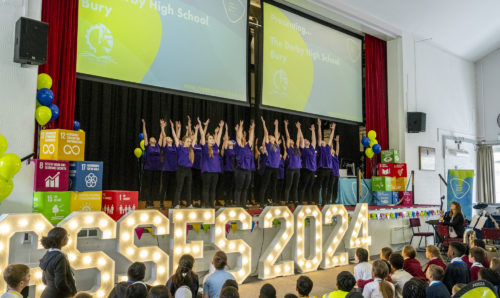Turning football shirts into bags – to help the environment!
Social responsibility 26th July 2023
If you’ve got kids who support a football team, chances are they’ve owned a replica shirt at one time or another. In fact, let’s be honest, if you’re a football fan there’s probably an equal chance you’ve owned one yourself.
Replica football shirts are big business; shirts account for the largest part of a football sportswear market which is estimated to be worth almost a hundred billion dollars each season*. The Premier League alone is responsible for tens of millions of replica shirts being sold worldwide every year.
And the vast majority of these – usually out of date at the end of a single season – are discarded, sold or given away. One of the problems is that there isn’t much you can do with an out-of-date football shirt, although the kids of former Stockport County, Wolves and Tranmere full back, and current Wales physio, Sean Connelly, had a brainwave for his 50th birthday:
But realistically, this is probably impractical for most people. And if you’ve got enough shirts to do this, and aren’t a former pro, you’re probably a collector who’s more likely to frame them instead.
The UK disposes of one million tonnes of textiles every year, 300,000 tonnes of which end up in landfill or incineration. Some figures suggest 10% of global CO2 emissions comes from the fashion industry, and the football sector is a huge contributor to this. So what to do with the majority of shirts that aren’t going to end up in a frame (or as an armchair)?
A new partnership between the University and RÆBURN Design – a leading sustainable fashion studio – is looking to reduce the impact of textile waste in the football industry.
KIT:BAG by RÆBURN, will work with local sportswear suppliers and the local community to transform surplus football shirts into unique reusable tote bags, while educating them of the environmental impacts of textile waste and how we can extend the life of our garments. It aims to provide a fun, responsible way to keep kits in circulation, while shining a light on the large-scale problem in the industry.
Lindsay Pressdee is a Senior Lecturer in Sustainable Fashion Marketing & Branding Communication in the Department of Materials. She said “This project focuses on the overlooked area of sportswear; how we can extend the life of these polyester garments and avoid them going into landfill or incineration, through the key principle of community education. The initiative aligns with the University’s objectives of promoting sustainability and social responsibility and by collaborating with Raeburn Design, which follows the REMADE sustainable ethos, we have an excellent opportunity to raise awareness and address this issue.”
Christopher Raeburn is Creative Director at RÆBURN. He said “As our business has evolved, we’ve tried, tested and proven our ‘Remade, Reduced, Recycled’ motif can be scaled and translated into other industries outside of fashion, such as architecture, furniture design, film and cultural placemaking. KIT:BAG by RAEBURN marks our newest venture: bringing circular design solutions to the sports industry. We’re excited to have the University on board as our research partner for this project.”
Following an official launch in London, it’s intended to extend the project to Manchester, where the local community will be invited to various workshops to have a go at making their own reusable bags.
So perhaps the next kit you buy, rather than ending up in a box in the loft, used as a duster, or even turned into an armchair, might instead end up as a bag that helps teach children about the environmental impacts of textile waste.
And we’ll return to this topic in future editions (any excuse to post photos of football shirts, eh?). Watch this space.
*IMARC Group: “Football Sportswear Market: Global Industry Trends, Share, Size, Growth, Opportunity and Forecast 2023-2028”





Leave a Reply